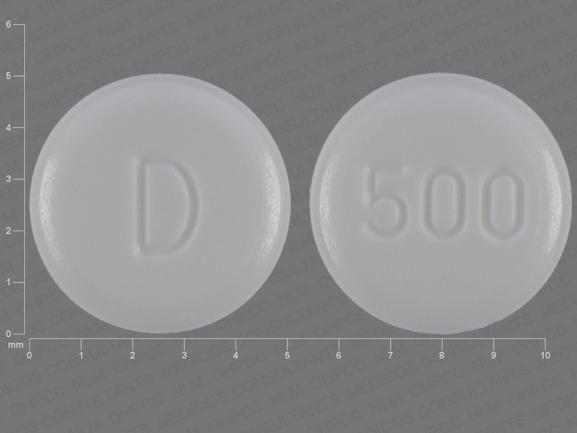Daliresp Disease Interactions
There are 3 disease interactions with Daliresp (roflumilast).
Roflumilast (applies to Daliresp) hepatic impairment
Major Potential Hazard, Moderate plausibility. Applicable conditions: Liver Disease
Roflumilast is contraindicated in patients with moderate to severe liver impairment (Child-Pugh B or C). Roflumilast is extensively metabolized via Phase I (cytochrome P450) and Phase II (conjugation) reactions. Clinicians should consider the risk-benefit of administering roflumilast to patients with mild liver impairment (Child-Pugh A).
Roflumilast (applies to Daliresp) depression
Moderate Potential Hazard, Moderate plausibility. Applicable conditions: Anxiety/Stress
The use of roflumilast is associated with an increase in psychiatric adverse reactions. Instances of suicidal ideation and behavior, including completed suicide, have been observed in clinical trials. Before using roflumilast in patients with a history of depression and/or suicidal thoughts or behavior, prescribers should carefully weigh the risks and benefits of treatment in all patients. Close monitoring for the emergence or worsening of insomnia, anxiety, depression, suicidal thoughts or other mood changes is recommended.
Roflumilast (applies to Daliresp) weight loss
Moderate Potential Hazard, Moderate plausibility. Applicable conditions: Weight Loss/Failure to Thrive
Weight loss is a common adverse reaction with the use of roflumilast. Patients treated with roflumilast should have their weight monitored regularly. If unexplained or clinically significant weight loss occurs, weight loss should be evaluated, and discontinuation of treatment should be considered. Care should be exercised when using this agent in patients at risk of weight loss.
Switch to professional interaction data
Daliresp drug interactions
There are 387 drug interactions with Daliresp (roflumilast).
Daliresp alcohol/food interactions
There are 2 alcohol/food interactions with Daliresp (roflumilast).
More about Daliresp (roflumilast)
- Daliresp consumer information
- Check interactions
- Compare alternatives
- Pricing & coupons
- Reviews (63)
- Drug images
- Side effects
- Dosage information
- During pregnancy
- Generic availability
- FDA approval history
- Drug class: selective phosphodiesterase-4 inhibitors
- Breastfeeding
- En español
Related treatment guides
Drug Interaction Classification
| Highly clinically significant. Avoid combinations; the risk of the interaction outweighs the benefit. | |
| Moderately clinically significant. Usually avoid combinations; use it only under special circumstances. | |
| Minimally clinically significant. Minimize risk; assess risk and consider an alternative drug, take steps to circumvent the interaction risk and/or institute a monitoring plan. | |
| No interaction information available. |
See also:
Further information
Always consult your healthcare provider to ensure the information displayed on this page applies to your personal circumstances.


